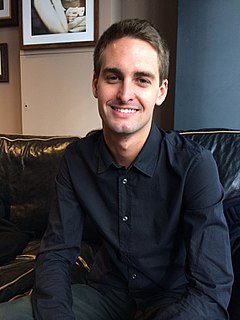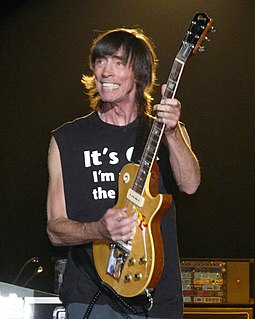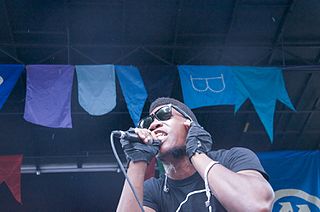A Quote by Freeman Dyson
We won't really understand the brain until we can make models of it which are analog rather than digital, which nobody seems to be trying very much.
Related Quotes
Today we understand that reality corresponds to a model - or, even better, the sum of various models - which in science are termed "complex systems" - not complicated or difficult, that's a different thing! This complexity is what creates that which we all know - the World - is connected in a system of networks - and I'm not referring only to the internet but also to thousands of analog networks in which we are all immersed at every instant.
Because we do not understand the brain very well we are constantly tempted to use the latest technology as a model for trying to understand it. In my childhood we were always assured that the brain was a telephone switchboard...Sherrington, the great British neuroscientist, thought the brain worked like a telegraph system. Freud often compared the brain to hydraulic and electromagnetic systems. Leibniz compared it to a mill...At present, obviously, the metaphor is the digital computer.
In every part of the world with which I am familiar, young people are completely immersed in the digital world - so much so, that it is inconceivable to them that they can, for long, be separated from their devices. Indeed, many of us who are not young, who are 'digital immigrants' rather than 'digital natives,' are also wedded to, if not dependent on, our digital devices.
I work with digital audio, which is like sculpting, a form of chiseling down metal or wood. And I take audio and move it back and forth between the analog and digital realms and work with it almost like a plastic art until it takes forms in different shapes. And I use those figurines that come out of that type of work.
You would be surprised how many people that are very passionate about classical music are deeply involved in Hip Hop. You would think Jazz would be the natural associative, but it's extraordinary what kind of crossed-genre associations we are finding in digital media. And even as I'm talking about it, I find myself speaking very much more about how people are accessing that which, what I do, rather than me being preoccupied trying to market something that I do to them.
No, there's fifteen francs somewhere, which nobody gives a damn about anymore and which nobody is going to get in the end anyhow, but the fifteen francs is like the primal cause of things and rather than listen to one's own voice, rather than walk out on the primal cause, one surrenders to the situation, one goes on butchering and butchering and the more cowardly one feels the more heroically does he behave, until a day when the bottom drops out and suddenly all the guns are silenced and the stretcher-bearers pick up the maimed and bleeding heroes and pin medals on their chest.
I heard that people were really interested in the new haircut, which I think is so funny. Great haircut, I really like it. It goes great with the time period. And I was super, super, super-happy to have my bangs swept to the side rather than straight in front of me, which I dealt with for three seasons. I'm very, very much done with that.




































